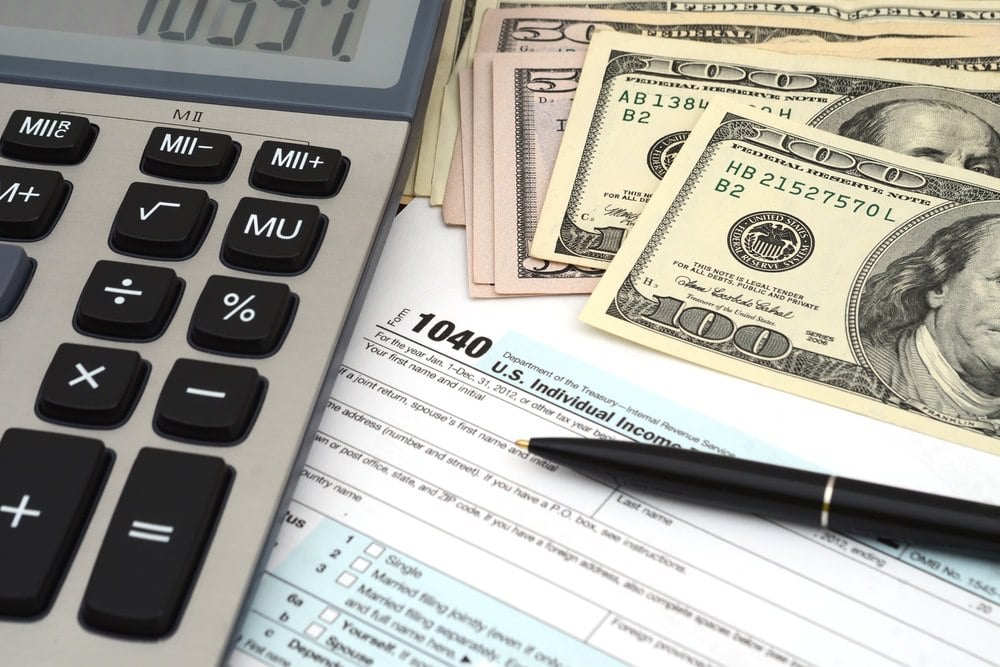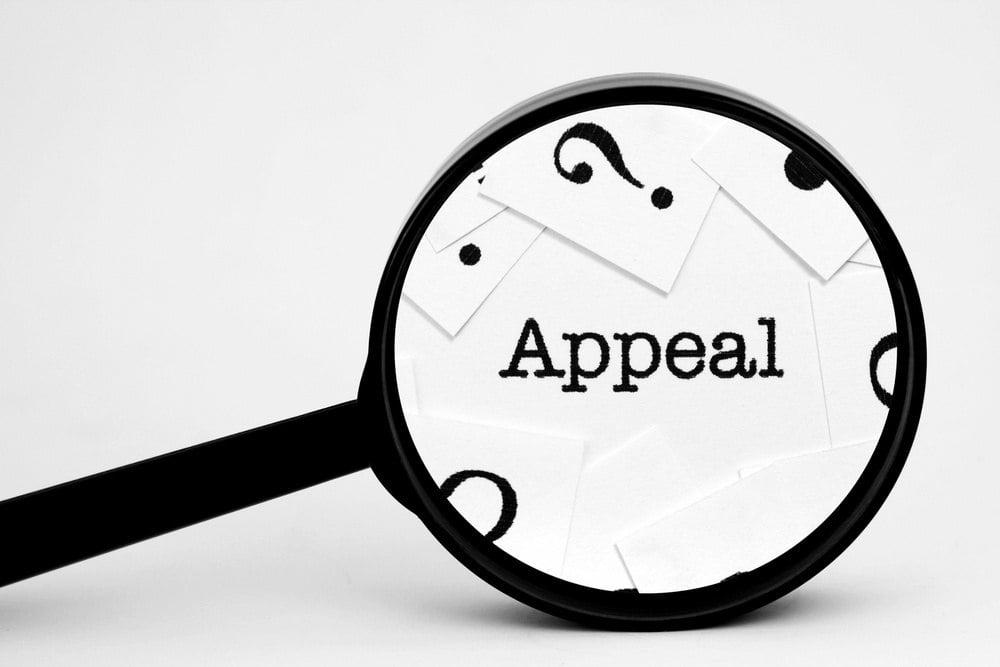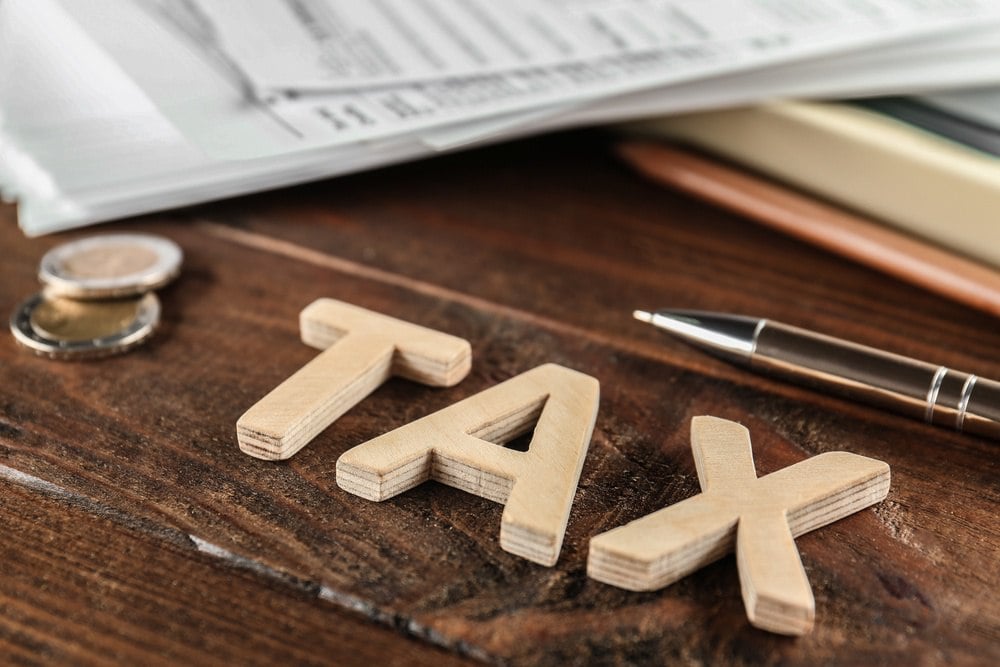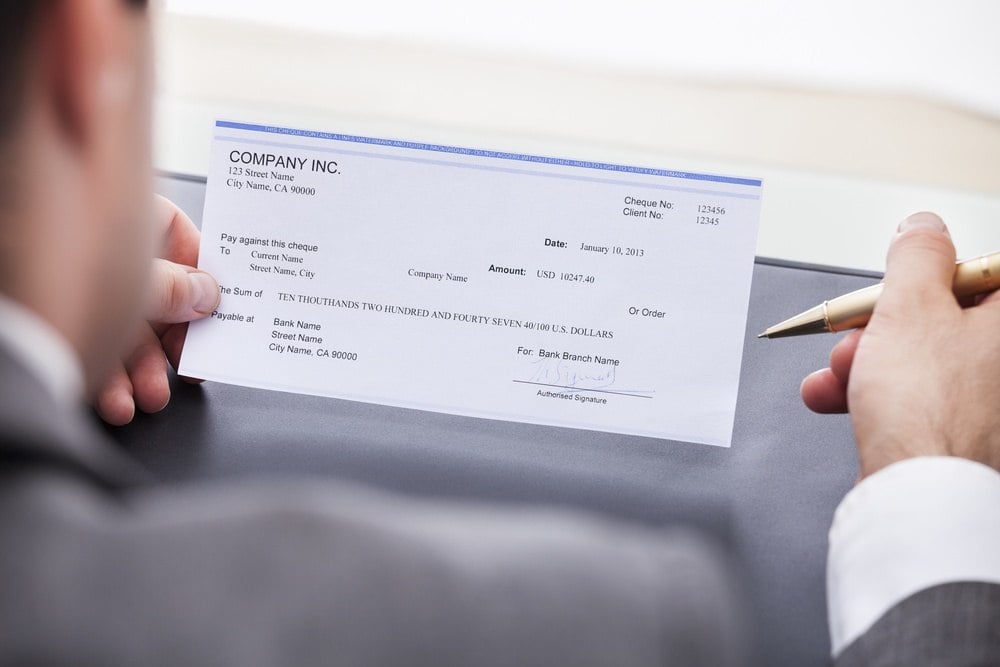One of the biggest problems that we come across in payroll audits is employee reimbursements and independent contractor reimbursements. A lot of the times what will happen is an employee will get paid a normal paycheck and then they will spend their own money outside the context of the business to buy materials, to buy supplies, go post office do whatever. The business will write the employee a check out of their operating account and not run it through payroll.
California State Tax
EDD Independent Contractor Test
After verifying payroll and payroll tax withholdings, the EDD will next go through and verify all the workers that the business issued 1099s to. This is what is known as the EDD Independent Contractor Test. First, the EDD auditor will go through each 1099 worker in detail, one by one. Even 1099’s that were issued to businesses, landlords and others that are clearly not subject to payroll tax withholdings, you can pretty much count on the EDD auditor going through each one and verifying who was issued a 1099.
Sales Tax Mistakes to Be Aware of and How to Avoid Them
As a retailer or other seller of products, you have a lot of details to attend to but one of the most important, often most complex, is your sales and use tax obligations. Sometimes determining sales tax is like peeling an onion; just when you think you have found all the nuances, there is another layer to contend with.
Non-payment of sales and use tax comes with stiff fines, potential jail time, and repayment requirements. Avoiding all that is essential to both your business and your well-being.
Your Rights as a Taxpayer with the Board of Equalization
The Board of Equalization (BOE) administers the tax program for both business and property taxes for the State of California. Business taxes include:
- Sales and use tax
- Fuel tax
- Cigarette tax
- Alcoholic beverage tax
Business taxpayers may take up their concerns directly with the main office of the BOE while property tax concerns are addressed by the local county office.
When you deal with the tax agencies of California, you may feel like you do not have any rights. These agencies can be aggressive and overwhelming to most individuals unused to dealing with them.
How to File an Appeal with the California Board of Equalization

The California Board of Equalization has audited you and found potential underpayment of taxes, fees, or additional amounts the BOE determines you owe.
Your next step is to meet with the BOE supervisor and then the District Principal Auditor. If you do not convince them that the results are in error, you can file an appeal.
What to Do if the EDD Takes Your Money

The California Employment Development Department can legally withhold money owed to you by the state for repayment of debt. In other words, either through error or willful action, you owe a monetary debt to the State of California.
The EDD is within its legal rights to withhold money from a variety of programs and tax refunds if you do not pay up. It works with the California Franchise Tax Board, the State Lottery, and the State Controller to collect the outstanding debt.
What is a Sales Tax Nexus and How Does It Affect My Business?

A state may create legislation requiring a seller with nexus in that state to pay tax on sales of tangible property within the state.
What is nexus and how does it affect your business?
What Happens If You Misclassified a Worker?

What does the employment classification of workers have to do with payroll tax audits?
Everything.
When the Employment Development Department of the State of California decides to audit, the classification of your workers is the auditor’s sole concern. Additionally, the IRS often adopts the results of the EDD audit to use in assessing federal penalties.
For this reason, it is critical to classify your workers properly and supply only the information the auditor asks for, nothing more.
What Are Your Payroll Tax Responsibilities?

In a previous post, we talked about the difference between independent contractors and employees. One of the biggest differences, and one that often drives intentional worker misclassification, is that employers must withhold and pay payroll taxes for employees whereas they do not for independent contractors.
Classifying Employees and Independent Contractors

You have hired someone to do work for you. Is that person an employee or an independent contractor?
The answer is important because misclassifying an employee as an independent contractor, whether intentionally or through ignorance, can land you in court and in debt for payroll taxes.
There are several tests from a variety of regulatory agencies that are used to try to determine employment status and occasionally changes are made to the standards. Even if you classified certain of your workers correctly before, you might need to revisit the question to ensure you remain in compliance.








